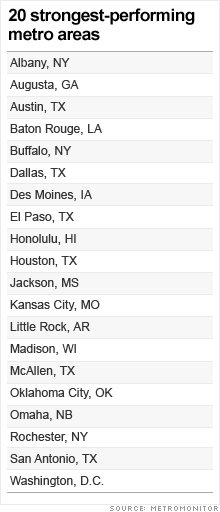October 15, 2015
It’s All About Their Career Path
LinkedIn recently surveyed over 10,000 people who changed jobs in 2015 to find out why they made a change. Some interesting findings:
#1 reason they left – Lack of advancement opportunities (45%)
#1 reason they choose their new employer – Career path & opportunity (59%)
I’m convinced that there are always a myriad of reasons behind a job change, but the primary reason is simply the most interesting. I’ve been beating this drum for some time, but it warrants repeating – you must provide a general career path to all new hires today. Many times in sales the thought process is to simply hire a strong salesperson and let them develop their own success. Their monetary success will be enough to keep them satisfied for years to come.
For some, yes. For many more, no.
The younger generation is looking for growth in their own skills and their career development. This desire for growth is present in most people, the difference with the Millennials is that they will simply leave a job after a short tenure to find a new opportunity. They are not “constrained” by the…traditional mindset of staying at a company for 5 years even if it gets to be repetitive. I think this is one of the most fundamental changes I have seen in the marketplace over the past 15 years.
Comments Off on It’s All About Their Career Path

 Comments(1)
Comments(1)






